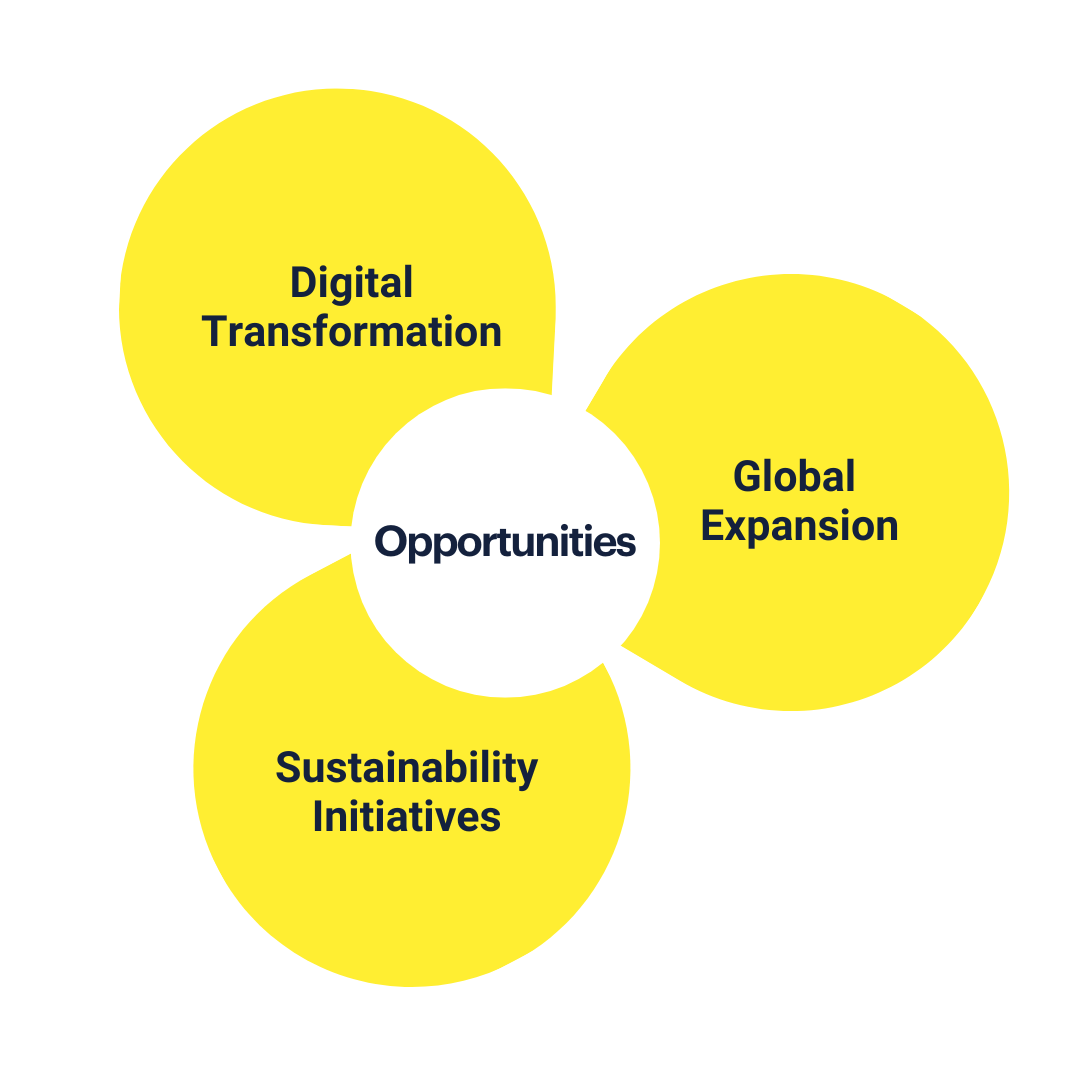Within the Canadian economy, the technology sector has always been one of the key drivers of innovation playing a significant role in the development of the country. This article aims to assess the Canadian tech sector today, the challenges and the opportunities it offers and how executive search companies can benefit them.
Current state of Canada’s technology sector
The technology industry in Canada and its regions represents a fast-growing segment of the economy with cities such as Toronto, Vancouver, and Montreal with their respective tech hubs leading the stakeholders. The sector accounts for around 1.7 million jobs while contributing nearly 10% to the GDP of the country.
But now, Canada faces several challenges as rising living costs, issues with the supply chain, and a shortage of workforce within some industries of Canada. These problems are also compounded by the economic situation in various regions including the aftermath of the COVID-19.
As the country addresses these dilemmas, the technology sector faces some difficulties. Organizations are having hard times in sourcing workers who have the right skills especially in critical fields such as artificial intelligence, cyber security, software engineering and etc.
In addition, because of the rapid change of technologies, there is a need for not only leaders who can manage in the present but also who can see the needs of the future and take the initiative to create them.
Challenges Facing the Technology Sector in Canada
- Talent Shortages: More alarming, however, is the tightening knot of the talent pool deficit. Canada faces a significant shortage of skilled workers, particularly in this sector that demand both high technical expertise and strong management skills. This gap is exacerbated by the ongoing global competition for top talent, making it an even more pressing issue.
- Technological Disruption: The rapid pace at which technology has advanced has brought with it opportunities as well as challenges. Organizations are evolving due to the integration of such new technologies as artificial intelligence, blockchain, and cloud computing. There is a need for leaders who can help the organizations benefit from these advancements.
- Diversity and Inclusion: There are ongoing challenges related to diversity and inclusion, which also extend to global headhunting. It’s crucial to have leaders who actively promote inclusiveness and implement systems of innovation that reflect Canada’s diverse population.
Opportunities in Tech
- Digital Transformation: As companies increasingly adopt digital technologies, there is a growing need for leaders who understand how to leverage these tools to drive innovation and efficiency. Executive Search firms can help identify leaders who can lead successful digital transformation initiatives.
- Global Expansion: With the world becoming more interconnected, Canadian tech companies have significant opportunities to expand into global markets. Leaders with international experience and a global perspective are crucial for navigating this expansion.
- Sustainability and ESG: Environmental, Social, and Governance (ESG) factors are becoming increasingly important for technology companies. Leaders who can integrate sustainability into their business strategies will be well-positioned to meet the demands of stakeholders and stay ahead of regulatory requirements.

The Role of Executive Search in the Technology Sector of Canada:
In this rapidly changing environment, the role of executive search firms in the tech sector is more vital than ever. Finding the right leaders is not just about filling a position but identifying individuals who can drive change, foster innovation, and lead organizations through complex challenges.
- Identifying Transformational Leaders: Executive search firms specialize in identifying leaders who can drive change and innovation. These are leaders who not only understand current technologies but also have a vision for the future.
- Ensuring Cultural Fit: A leader’s ability to align with the company culture is critical for long-term success. Executive search firms assess not only the technical skills of candidates but also their fit with the organization’s values and culture.
- Cross-Border Talent Sourcing: The global nature of the tech sector means that the best talent may not always be found within Canada’s borders. Executive search firms have the reach and expertise to source top talent from around the world, ensuring that Canadian companies can compete on a global stage.
Conclusion:
Canada’s technology sector stands at a crossroads, with significant challenges and opportunities ahead. The ability to navigate economic uncertainty, technological disruption, and global competition will depend largely on the quality of leadership within organizations.
Executive search firms play a crucial role in ensuring that the right leaders are in place to guide companies through these challenges and seize the opportunities that lie ahead.






